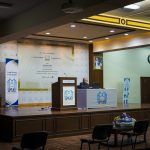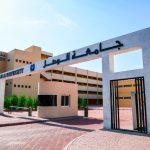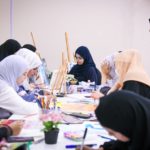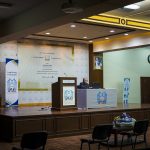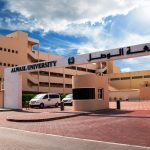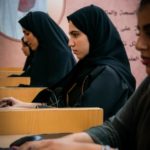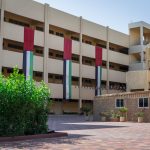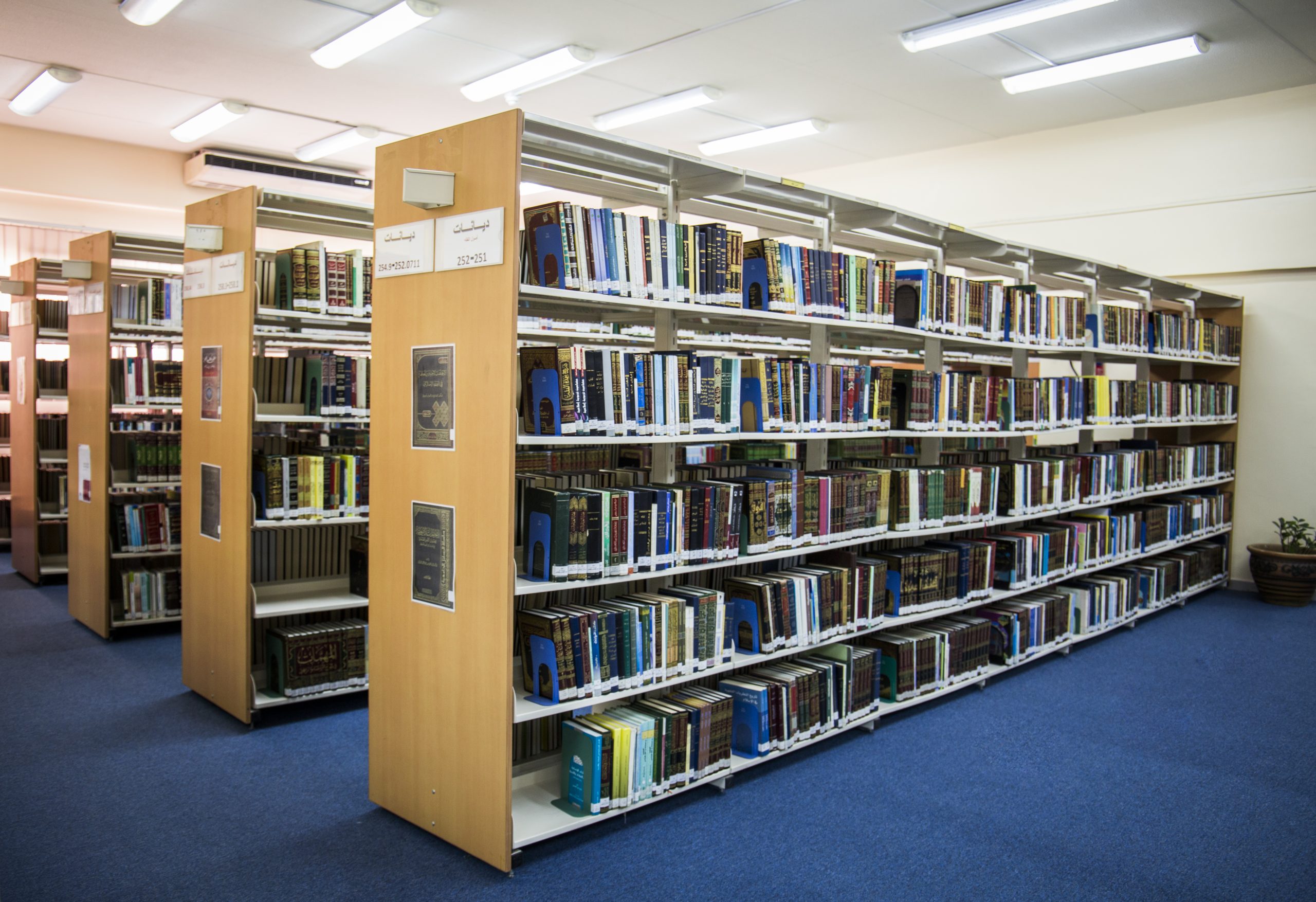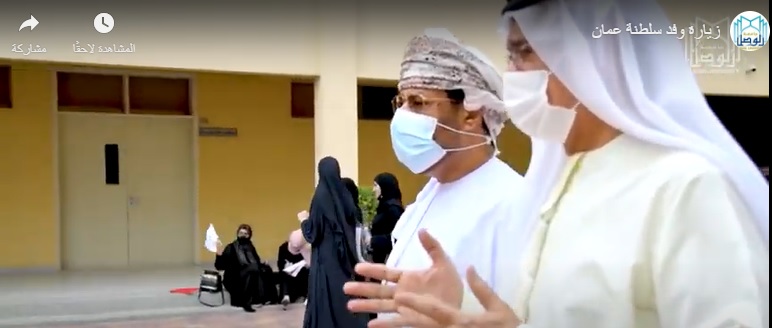
جامعة الوصل
دبي
قناة الجامعة
قائمة الفيديوهات
Tab #1
Add some content for each one of your videos, like a description, transcript or external links.To add, remove or edit tab names, go to Tabs.
البرامج الأكاديمية
جامعة الوصل
مؤتمرات وندوات الجامعة
14 فبراير 2025
الأربعاء 19 فبراير … موعد انطلاق فعاليات الندوة الدولية الثانية عشرة
برعاية معالي جمعة الماجد
رئيس مجلس أمناء الجامعة
يسر مركز بحوث السنة النبوية في جامعة الوصل بدولة ...
03 فبراير 2025
اختتام فعاليات المؤتمر الدولي الأول لعلوم المكتبات والمعلومات
اُختتمت فعاليات المؤتمر الدولي الأول لعلوم المكتبات والمعلومات، الذي نظّمته مكتبة محمد بن راشد بالمش...
27 يناير 2025
جامعة الوصل ومكتبة محمد بن راشد تطلقان المؤتمر الدولي الأول لعلوم المكتبات والمعلومات
في خطوة تهدف إلى استشراف مستقبل علوم المكتبات والمعلومات ومواكبة التطورات المتسارعة في هذا المجال، ت...
19 يناير 2025
المؤتمر الدولي الأول لعلوم المكتبات والمعلومات بالمشاركة مع مكتبة محمد بن راشد
ابدأ خطوتك الأولى بالتسجيل... اضغط هنا
جامعة الوصل
آخر الأخبار
14
فبراير
الأربعاء 19 فبراير … موعد انطلاق فعاليات الندوة الدولية الثانية عشرة
-
بواسطة
khaled Tokal
برعاية معالي جمعة الماجد
رئيس مجلس أمناء الجامعة
يسر مركز بحوث السنة النبوية في جامعة الوصل بدولة ...
03
فبراير
اختتام فعاليات المؤتمر الدولي الأول لعلوم المكتبات والمعلومات
-
بواسطة
khaled Tokal
اُختتمت فعاليات المؤتمر الدولي الأول لعلوم المكتبات والمعلومات، الذي نظّمته مكتبة محمد بن راشد بالمش...
27
يناير
جامعة الوصل ومكتبة محمد بن راشد تطلقان المؤتمر الدولي الأول لعلوم المكتبات والمعلومات
-
بواسطة
khaled Tokal
في خطوة تهدف إلى استشراف مستقبل علوم المكتبات والمعلومات ومواكبة التطورات المتسارعة في هذا المجال، ت...
جامعة الوصل



